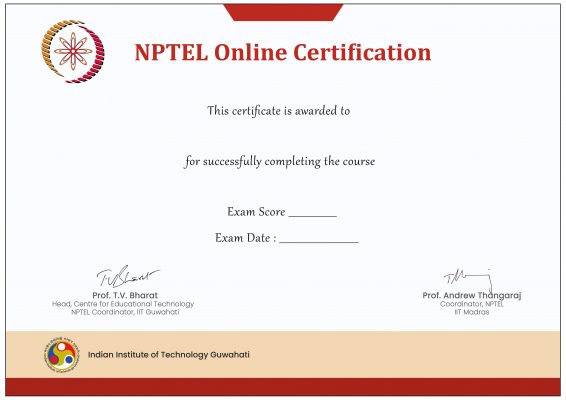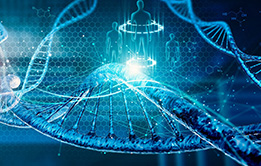Description
ABOUT THE COURSE:
In the current MOOCs course I have put effort to briefly discuss about biotechnology, its scope and impact on human life with several customized products. The Development of technology and generation of product has multiple steps and understanding these steps are being covered in this course with a discussion of biotechnology application at the end. By the end of this course, student will be able to understand following aspects of biotechnology:
1. Basic metabolic pathways and their regulation.
2. Microbial growth kinetics with an emphasis on fermentation
3. Basic molecular biology tools used in biotechnology.
4. Basic methodology for product recovery and analysis.
INTENDED AUDIENCE : UG/PG/PhD/Scientist in industry
PREREQUISITES : General Biology 10+2
INDUSTRY SUPPORT :
- Biocon https://www.biocon.com/
- Jubilant Life Sciences www.jubl.com/
- Shantha Biotechnics Ltd,
- Panacea Biotec,
- Other companies related to biotechnology
ABOUT THE INSTRUCTOR

Prof. Trivedi did his Ph.D. from Central Drug Research Institute, Lucknow in the field of Structural Biology. From his postdoctoral research at the Department of Molecular and Cellular Biology, Harvard University and Molecular Oncology Research Institute, Tufts University, Boston, USA, he gained extensive research experience in the field of cell biology, intracellular signal transduction, and immunology. Currently, his laboratory at Department of Biosciences and Bioengineering has an active group working and exploring questions related to malaria parasite biochemistry, the role of novel proteins, development of anti-malarial agents, and lastly understanding factors playing a crucial role in immunomodulation and host pathology in different organs
Certification Process
1. Join the course
Learners may pay the applicable fees and enrol to a course on offer in the portal and get access to all of its contents including assignments. Validity of enrolment, which includes access to the videos and other learning material and attempting the assignments, will be mentioned on the course. Learner has to complete the assignments and get the minimum required marks to be eligible for the certification exam within this period.
COURSE ENROLMENT FEE: The Fee for Enrolment is Rs. 3000 + GST
2. Watch Videos+Submit Assignments
After enrolling, learners can watch lectures and learn and follow it up with attempting/answering the assignments given.
3. Get qualified to register for exams
A learner can earn a certificate in the self paced course only by appearing for the online remote proctored exam and to register for this, the learner should get minimum required marks in the assignments as given below:
CRITERIA TO GET A CERTIFICATE
Assignment score = Score more than 50% in at least 9/12 assignments.
Exam score = 50% of the proctored certification exam score out of 100
Only the e-certificate will be made available. Hard copies will not be dispatched."
4. Register for exams
The certification exam is conducted online with remote proctoring. Once a learner has become eligible to register for the certification exam, they can choose a slot convenient to them from what is available and pay the exam fee. Schedule of available slot dates/timings for these remote-proctored online examinations will be published and made available to the learners.
EXAM FEE: The remote proctoring exam is optional for a fee of Rs.1500 + GST.
5. Results and Certification
After the exam, based on the certification criteria of the course, results will be declared and learners will be notified of the same. A link to download the e-certificate will be shared with learners who pass the certification exam.
CERTIFICATE TEMPLATE





Reviews
There are no reviews yet.